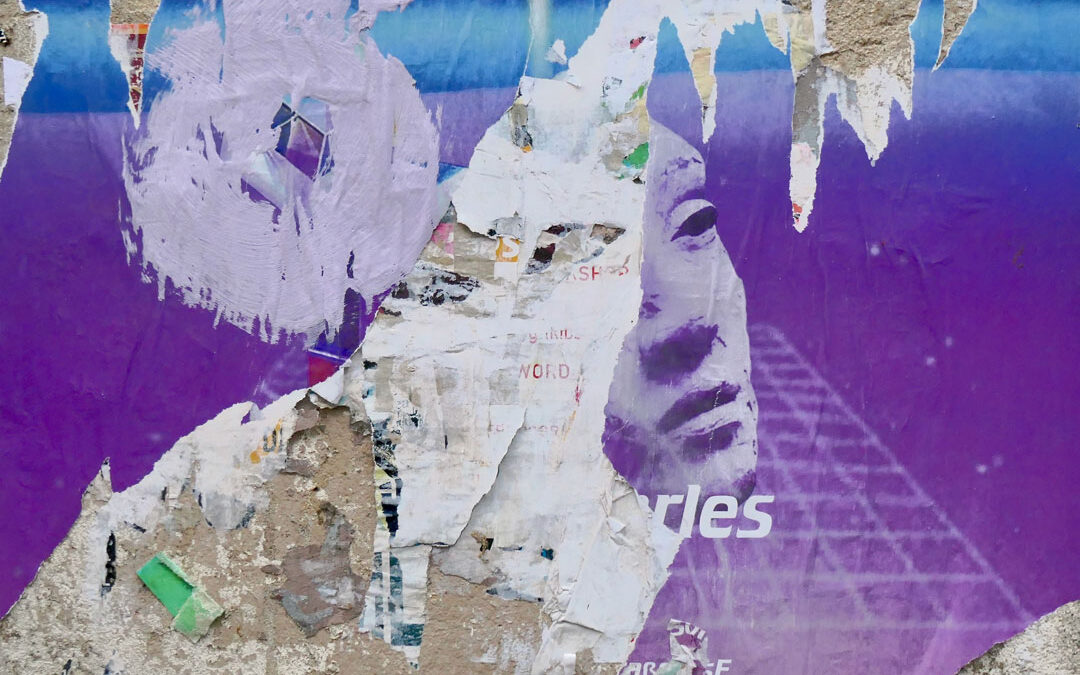It just wasn’t the right time. Maybe that’s what people always say. Or maybe they’ve learned not to say that. Because it does sound awful, doesn’t it? It just wasn’t the right time—when there’s a vulnerable new life budding inside you.
I knew I couldn’t keep it. I was in my first semester of grad school, floundering in a new city, having spent the summer floundering in the basement of my parents’ house, stretched out on a bed that was no longer mine. Listening to Janàček’s Intimate Letters on repeat, half-delirious with love for a man who wasn’t sure if he wanted to leave his wife.
This is enough, I told him, again and again. I don’t want anything more than this.
But I was living for moments, and I wanted those moments to be good. So I snatched and grasped and keened, and forgot to be careful about my contraception.
And then it was fall, and he’d left her. He was introducing me to his version of my new city, where he’d already lived. And we were laughing about the Moby Dick of the Weimar Republic in tiny, cramped coffeeshops—stumbling home late from martinis at the hip new bar around the corner—and I still wasn’t careful. Not careful enough, anyway. He was so much older, and I was still such a child, and I didn’t want to admit it.
I knew I had to tell him, but I could barely choke out the words. You build up this tenuous sense of yourself, you know? And I was the good one, the smart one, the responsible one. The girl who got a fully-funded pass into a top-three grad program, cared more about her career than anything else, and was going to wait on kids until she got tenure. And that meant there were other things that I wasn’t, couldn’t be. I wasn’t the kind of girl who got buried under papers and reading lists—who couldn’t sleep or concentrate—who let herself turn into a hollow, exhausted shell. The version of myself that I recognized? She wouldn’t lug her books to the library only to stare dumbly at a blank page and then lug them away again. And she wouldn’t get pregnant either, not like this. Except I did.
He understood, but as an accident, as something I couldn’t help. Accidents happen. Except was this an accident like that—or was it my fault, really? Could I have helped it? I wasn’t careful enough, and maybe I could. It’s one thing to tell someone that you’re not perfect. You can even do it in an earnest, heartfelt way. But it’s another thing to make sure they believe it.
I stopped short of making him believe it.
As for telling anyone else? My family? My friends? I couldn’t. If I had the child, if I carried to term, they’d know. Plus, what about my work? I couldn’t just give that up. And I didn’t want my professors to know either. I might not be anywhere close to the top of my game, but I wanted to be taken seriously, and I couldn’t blow it all in one go.
I made an appointment. Gave someone else’s name. I don’t remember how that worked or how I paid for it, but everything must have sorted itself out somehow because I’m sure that’s what I did. That part, I remember perfectly. That and the ultrasound, the moment when they first found the thready thrum of its heartbeat.
It’d be easy to say that I remember the ultrasound because I was decimated by it. Because I was torn about the decision and recognized it as a personal tragedy. Except, if I’m honest, I know that’s not why.
I remember because I knew I was supposed to remember, and I was still trying to be the girl with all her boxes ticked. I was frightened most by what I didn’t feel. I couldn’t imagine myself as a mother, or that blurred ultrasound image as a baby. And more than anything else, I felt numb. Anything I said about indecision was lip service.
I’d caught it early, so it was a medication abortion, with minimal risks. One of my best friends from college was coming into the city that weekend, for her first visit since I moved, but I took the pills anyway. When they finally kicked in, it felt like I was being torn apart, like I would buckle under the pain, but I was still too ashamed to say anything, so I blamed it on food poisoning. Sometimes I wonder if she remembers that visit and if she knows how we got through the next morning.
I don’t. I remember the deep, splitting pain—the ache in my back—the tiles of the bathroom floor in that apartment that always made me feel like a trespasser. But I don’t remember what happened after that, after the worst had passed, and I slipped back into my old life. Maybe there were pancakes.
Grad school wasn’t much of a success for me. I’m still not sure exactly what happened. Was it really that I lacked the right amount of passion for the subject, that the methodologies were irresponsible, that I wanted to do something with more tangible impact? That’s what I told everyone. And maybe it was true. We don’t know what is of overmastering importance until it overmasters us—and I think I’ve finally found the right fit, all these years later. It was just a crooked line, rather than a straight one. And traversing it was more painful than I thought it would be.
I don’t think any of this was because I had an abortion. I don’t lament the decision or the lost child. But I do think that, sometimes, we don’t know how to be whole, any more than we know how to be torn.
Emily Battistini is a writer, researcher, and advocate whose work focuses on the health of women and girls. She also has a deep commitment to recovering lost female voices.


